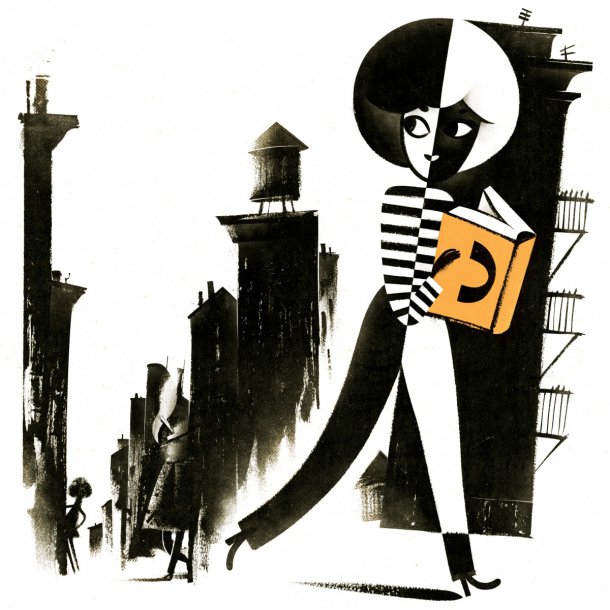"Oreo", de Fran Ross, analisado na New Yorker
Published8 May 2015

Oreo, de Fran Ross, de 1974, é um romance satirico e bem humorado, que conta a história de uma rapariga, filha de pai judeu e mãe negra, que cresce com os avós e que na adolescência resolve procurar o pai. O livro passou espercebido na época da sua primeira edição e ganha hoje novas leituras, à luz das questões identitárias, a nível étnico e cultural. Na New Yorker, Danzy Senna compara-a com outras narrativas relacionadas com a identidade:
The titles themselves of these two texts—“Roots” and “Oreo”—imply the profound gap between the works, giving us a clue about the kind of black narratives we like to celebrate, and the kind we’ve tended to ignore. “Roots” looks toward the past. It offers black people an origin story, an imagined moment of racial purity—when the Mandinka warrior Kunta Kinte is kidnapped, off the shores of Gambia. It constructs a lost utopia for us and a clear fall from the Eden of Africa. “Oreo,” from the title alone and its first loony pages, suggests murkier, more polluted racial waters.
Indeed, Oreo’s origin story is one of gleeful miscegenation. The moment Samuel Schwartz falls for Helen (Honeychile) Clark, it’s too late to look back. An “oreo” is, of course, not simply a black-and-white cookie but also the standard taunt directed at black people who appear to “act white.” Ross embraces this epithet, embraces the idea of falling from racial grace. But it’s no mulatto sentimentalism, no simplistic “ebony and ivory” tale of racial mushiness. From page one, both sides of Oreo’s family—the black and the Jewish—are equally horrified by their children falling in love. In fact, James Clark, Helen’s father, Oreo’s black grandfather, is so horrified by his daughter’s coupling with a Jewish guy that his actual body becomes encoded by hate—paralyzed into the shape of a half-swastika.Oreo, born Christine Clark, the biracial progeny of the fall, is our heroine, and, like all good heroes and heroines, she’s on a quest. But, unlike Alex Haley, Oreo is trying to find her white side—her missing Jewish father. Her absent father is no site of longing; he’s a voice-over actor in Manhattan, who has left her an absurd list of clues to help locate him. He’s a bum, according to her mother. “I’m going to find that fucker” is how Oreo sets out on her search, which feels more like an excuse to wander away from her home than a real desire for a father.O artigo completo em Shades of Blackness
